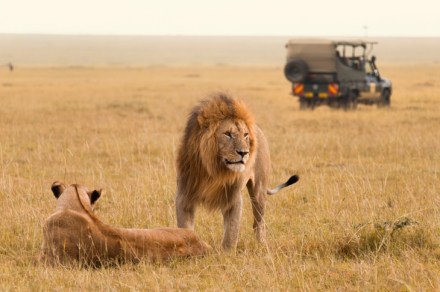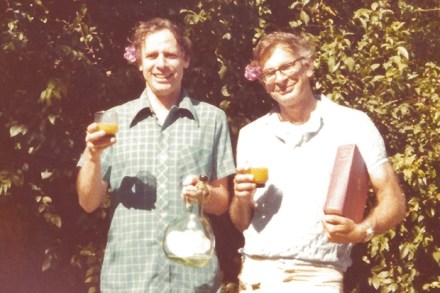High stakes and chips
According to the subtitle, this is a collection of ‘short stories of long nights at the poker table’. Were that the case, this would be a more enjoyable book, but there are too many stories here that stray from the baize. As a game, poker is relatively simple. The deal gives you your ‘hole’ cards, the ones you and no one else can see. They determine whether you play the hand or not. The betting follows as cards are further distributed. One by one players drop out, hopes dashed. Finally someone wins, not necessarily with the best hand. Beginning, middle, end. Poker has a richer literature than any other card




















